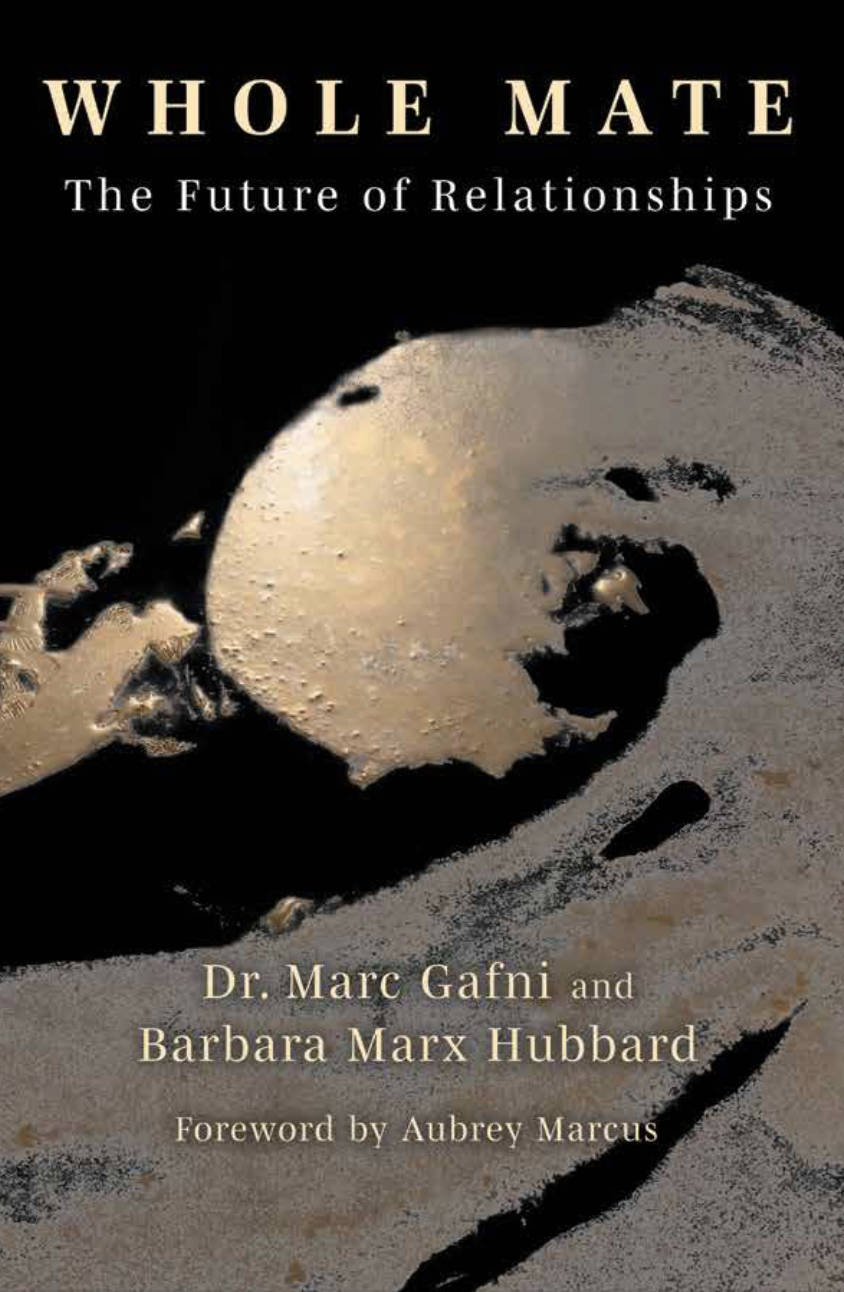Latest Released White Paper
[For More Formal and Oral Essays from Our Think Tank, Visit Our Substack Publication]
More Think Tank Documents in Development
To find these essays organized by topic, please visit our Topics page on the Top Menu.
Scholars at the Center for World Philosophy & Religion are conducting research and co-creating publications which can help to chart the course for the next step in the emergence of humankind. Some of our authors have traditional academic credentials, and others are independent scholars and thinkers who bring unique perspectives to bear, often informed by real-world involvement in putting insights from Integral Wisdom into practice.
Note: Dr. Marc Gafni is involved at different levels in many of these projects, ranging from being the lead author, co-author, or at times simply writing an introduction to frame the topic in terms of the larger conversation.
The following white papers, extended essays, and book excerpts have been or are now being actively developed at the Center for World Philosophy & Religion think tank – the links lead to the final or current versions of the papers.


